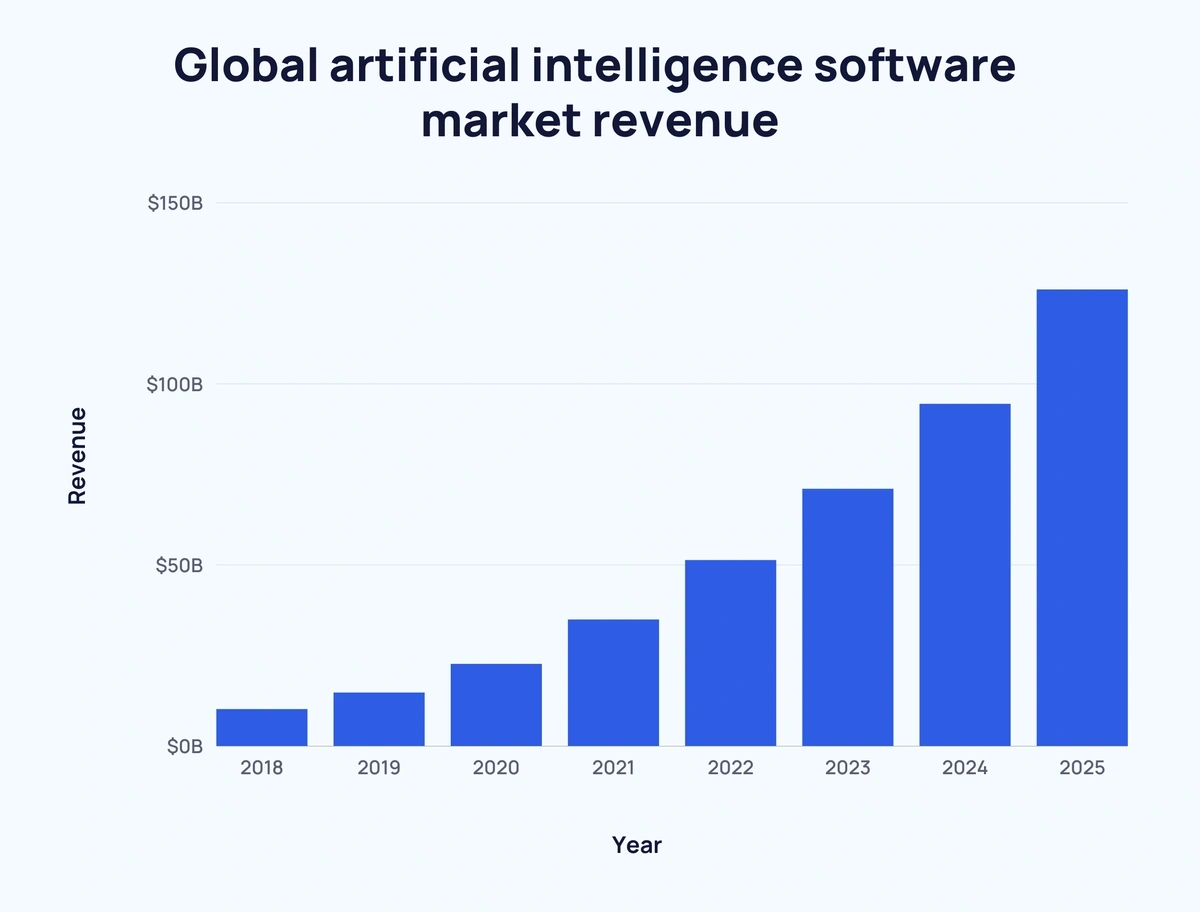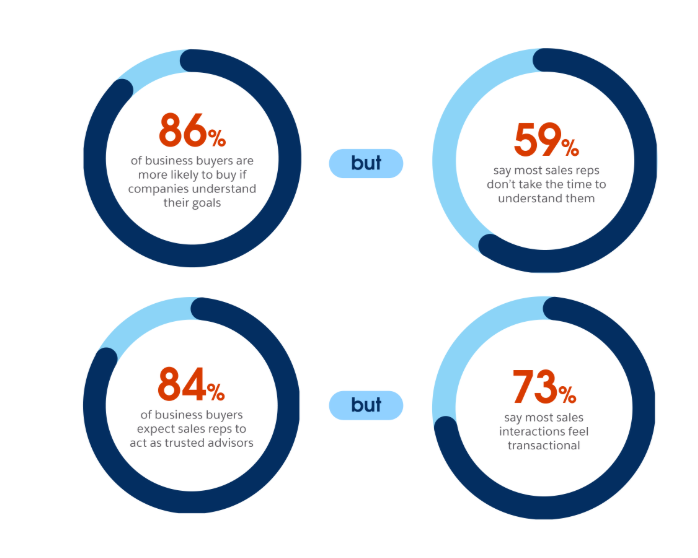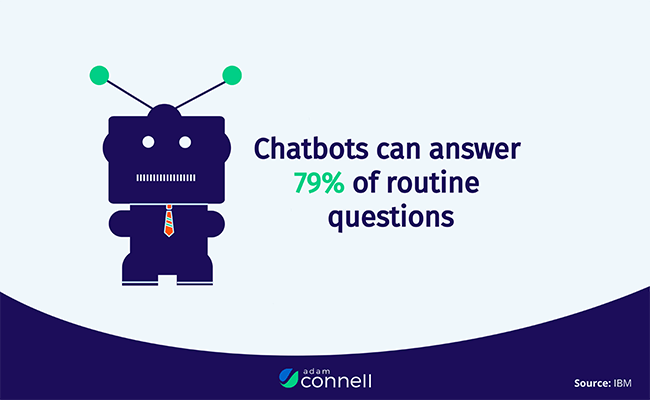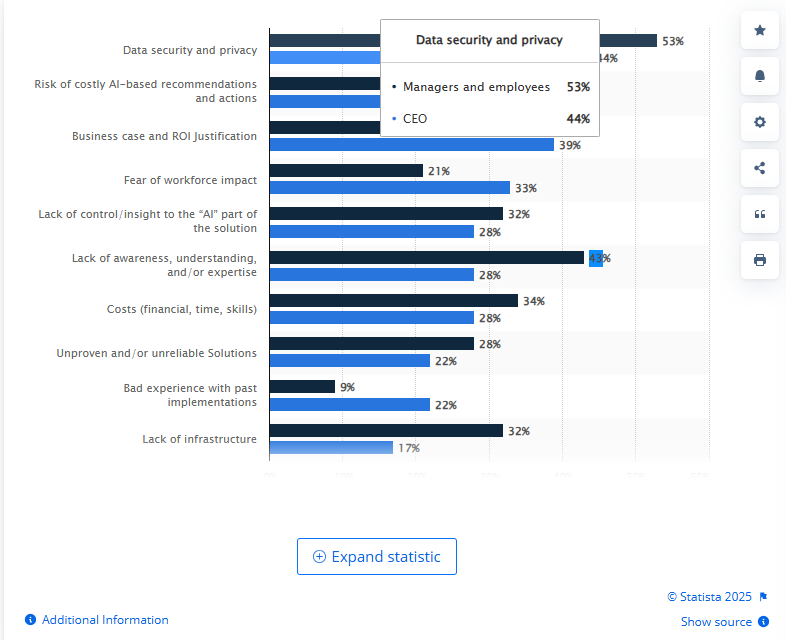Jan 28, 2025 Artificial Intelligence, ecommerce
AI in Ecommerce: Its Applications and Benefits
Jan 28, 2025 Artificial Intelligence , ecommerce
Table of Contents
Jan 28, 2025 Artificial Intelligence, ecommerce
Do you believe that the implementation of AI in ecommerce industry will turn out as a game-changer for businesses? When someone says “Artificial Intelligence” or “AI”, the first vision that you created might come from sci-fi movies.
However, when it comes to the retail industry, it’s far less about human-like robots and more about using the algorithms and learning the technology pattern that may have a drastic impact on your customer satisfaction and business sales.
Integration of Artificial Intelligence in ecommerce can help today’s online retailers deliver highly optimized customer experience by simply collecting the business and customer data to drive better business decisions with more accurate future sales predictions.
Earlier, ecommerce businesses were considering advanced artificial intelligence technologies like the “nice to have” option and using it to delight their customers with better customer support and encourage repeat visits. However, now with so many improvements, AI is being used widely for the company’s growth, maintaining global operations, and meeting customer demands across multiple platforms.
With the caliber of transforming our lives and the way we work and play, AI is already over the moon in the ecommerce industry. To get started with this transformation, you just need to have the right roadmap.
Here in this blog, we have explained in detail how AI applications in Ecommerce are taking over the ecosystem and providing AI-powered tools to predict future sales, improving customer experience with personalized content.
Ecommerce has always been pioneering after Covid-19 and AI is contributing a major role in its transformation. Decades ago shopping was mainly done through limited yet specialized stores.
Then it shifted to malls and brought more variety to customers in one place. Keeping that fundamental in mind, smart ecommerce businesses have invested in mobile app development services and get custom ecommerce mobile apps to let their customers buy anything online right from the comfort of their homes.
Now, ecommerce businesses are at another big challenge. As online shopping gets more common and competitive, where several other new brands have taken their entry, the survival of existing brands has become more challenging.
This is where people practice integrating ERPs in Ecommerce, adopting AI-powered systems and top mobile app development trends to improve customer experience and make operations more efficient.
If you are still hesitating to embrace AI capabilities for ecommerce mobile app solutions, then take an overview of the market stats…

Source: explodingtopics
In a nutshell, these stats and facts portray the increasing impact of Artificial Intelligence on the ecommerce industry. However, if you are all set to embrace the change by adopting Generative AI in ecommerce, then it is recommended to book GenAI app development and consulting services.
In recent years, AI has evolved from a futuristic concept to a transformative force in the ecommerce domain. The core component supporting AI such as NPL, Data Mining, or Machine Learning makes AI technology work like an industry evolution tool that quickly reshaping the industry.
Here’s how AI works in ecommerce.
So this is how AI in Ecommerce works, but before you head to an outsourced software development company, it is worth understanding the role of embedding AI in ecommerce apps for improving customer experience.
From helping customers in finding the right products to matching prices, AI in ecommerce is elevating and transforming customer interactions. AI isn’t just helping e-commerce companies behind the scenes, it is boldly paving their way in the ecommerce landscape and reshaping how customers shop.
Here’s how:
Rightly used Artificial intelligence algorithms can improve customer experiences by deeply analyzing customer data to offer tailored product recommendations. To improve customer experience, it uses Machine Learning algorithms that track purchase patterns, browsing behavior, and customer segments to suggest products that match individual preferences.
Reports say that 91% of consumers are more likely to shop with brands that provide personalized offers and recommendations.
Moreover, 80% of consumers are more likely to shop from brands that offer personalized experiences.

Amazon is one of the leading ecommerce brands that has adopted AI and ML algorithms to improve customer experience. Amazon’s recommendation engine suggests products based on what customers have previously bought, viewed, and added to their wishlist and time spent on the product.
AI applications in ecommerce are designed to access historical sales data and real-time market trends which help ecommerce brands to implement dynamic pricing strategies. This means businesses can adjust pricing based on customer demand, competition, and other factors.
With these deeply evaluated insights and data-driven approaches, e-commerce businesses can maximize revenue and be able to maintain competitive pricing.
For example, most leading airlines and hotels use AI-powered systems that provide access to dynamic prices. So whenever you find different pricing for air tickets or hotel booking, don’t get surprised as your every movement is being tracked on the embedded AI model. Based on seat and room booking patterns and availability, they adjust the pricing.
With the launch of chatbots or virtual assistants in ecommerce, customer services have been improved to the greatest. Just remember last when you have to make a call to the customer support for any query?
AI-powered customer support chatbots have improved buyer experience by automating answering repetitive queries and handling requests. By choosing to hire an AI app development company, 80% of retail and ecommerce enterprises are currently using or planning to use AI chatbots in the near future.

The advanced use case of artificial intelligence in the ecommerce sector includes the visual search forms that transform the shopping experience. It allows customers to find products similar to their requirements by simply scanning the image rather than typing the text. With a built-in camera feature in apps, customers can:
With a built-in camera feature in apps, customers can:
This feature simplifies the search and shopping process and enables users to locate specific items they’ve been searching for effortlessly. Using visual search features in ecommerce apps, can bridge the gap between customers’ inspiration and purchase and offer a seamless and engaging shopping experience to customers.
Ecommerce businesses can improve customer experience without having the right track on inventory management. The seamless management of their inventory cycle can enable them to predict product demand based on real-time and historical data.
Further, it enables:
By streamlining inventory operations, AI helps businesses maintain balance, reduce costs, and deliver a seamless shopping experience to customers.
From optimizing operations to streamlining workflows, the impact of AI is becoming stronger with each passing year. In the e-commerce landscape, AI can automate various manual tasks, ensuring smooth operations and minimizing costs.
Here’s how AI uses cases in ecommerce will work to improve business operations.
Since AI’s inception in the ecommerce industry, it has transformed the inventory management process by analyzing customer behavior, sales patterns, and market trends to predict stock demands with precision. Here’s how AI in supply chain and Inventory management can help businesses:
For instance, trusted AI platforms like Blue Yonder and project44 leverage AI and machine learning algorithms to provide real-time insights into supply chain operations, reducing inefficiencies and enabling smarter stock management. Businesses that implement AI-driven inventory systems report a 10-20% reduction in carrying costs and can manage stock levels without any hassles.
Using AI in an ecommerce ecosystem can help to detect fraud or false activities by deeply analyzing each transactional data and identifying unusual patterns or behaviors, such as:
Various ecommerce brands have started using machine learning techniques like anomaly detection and pattern recognition, so that embedded AI into their payment system can red flag fraudulent activities in real time. Though the cost to integrate AI into existing ecommerce apps might pinch you initially, its long-term benefits can help you overcome the initial expenditure.
Top payment transactional companies like PayPal and Stripe rely on AI to safeguard transactions, reducing fraud-related losses by up to 30% while ensuring a secure shopping environment for customers.
AI tools can automate the process and free employees to focus on strategic and creative activities. By choosing to hire an app development company, you can easily integrate AI capabilities into the existing system.
Some of the common AI-driven automation include:
For example, AI chatbots can handle customer inquiries, improving response time and satisfaction. Additionally, automated tools like Brightpearl improve operational efficiency by reducing human errors and enhancing scalability.
While AI in ecommerce offers an array of benefits to enterprises and customers it comes with its own set of challenges. Here we have discussed the major obstacles that businesses come across when choosing to integrate Generative AI app development services.
The biggest concern of businesses is aligned with the quality and quantity of data retrieved from AI models. AI algorithms heavily rely on high-quality and relevant data from which they learn and perform accordingly. Insufficient and inaccurate data can lead to biased or wrong results.
Moreover, 53% of CEOs are finding it challenging to adopt AI as they cited data risk and privacy issues aligned with AI-based solutions.

Solution: To implement and maintain the quality of AI solutions, you would be required to look for top mobile app development companies that have knowledge and skills in machine learning models and data analysis. Moreover, they should know how to make the best of AI capabilities for ecommerce apps.
Integrating AI-powered systems within your existing mobile app or website would be complex and require technical expertise.
Solution: Xicom being a top mobile app development company can offer expert consulting and integration services. Our dedicated AI app development team ensures seamless integration of AI systems with less disruption to existing systems and zero data loss.
No matter whether you are an aspiring or leading ecommerce enterprise, implementing and integrating AI can be expensive and require investments in technology, data infrastructure, and skilled resources.
Solution: We at Xicom, enable you to hire Generative AI app developers that identify the scope of implementation and estimate the timeline and cost to avoid putting a huge burden on your pocket.
AI is rapidly being adopted by top brands to improve customer satisfaction, boost sales, and streamline operations. Here we have listed top brands of trusted AI use cases in ecommerce and leveraging notable benefits in return.
Are you always surprised by how Amazon predicted your requirements when you landed on the app?
Amazon, a dominating ecommerce brand, utilizes AI to analyze customer behavior, tracking previous customer browsing history and their preferences to provide personalized product recommendations.
This approach has contributed to a significant portion of its sales and made it increase by 200% in the last few years. Reports indicate that 35% of Amazon’s major revenue is generated through its recommendation engine.
Do you know that Walmart has invested $520 million in partnership with AI robotics firm Symbiotic to automate 400 Walmart pickup and Delivery centers?
Yes, if you are impressed with Wlamart’s super quick and accurate delivery pattern, then it is supported at the backend. This initiative aims to enhance efficiency, revenue, and accuracy in eCommerce order fulfillment.
eBay’s AI-powered visual search allows customers to upload images to find similar items. This feature has improved user engagement, with eBay reporting increased customer satisfaction due to enhanced search capabilities.
AI in B2B ecommerce is rapidly catching the hype. And, Sephora is one of the first beauty brands Virtual Artist uses AI to let customers virtually try on makeup. This innovation has led to higher customer engagement, with users trying over 200 million shades virtually, enhancing the online shopping experience.
H&M employs AI to predict fashion trends and manage inventory. This strategy has reduced markdowns by 10-15%, optimizing stock levels and meeting customer demand more effectively. To make this strategy work flawlessly for your business, you need to hire an ecommerce app development company.
At the end of this blog, it is fair enough to say that the role of AI in ecommerce will keep increasing and there’s much more to discover with AI applications in ecommerce. Right from helping retailers to personalize the shopping experience to optimizing pricing strategies to automate various business processes, AI in ecommerce is leaving a strong impression. In fact, in the future, AI can be recognized as a strong tool for ecommerce businesses to enhance customer experience and increase revenue. If you are all set to transform your ecommerce business, then hire an AI app developer to harness the power of AI in your ecommerce business.
Xicom being a top AI development company can help you get the best consultation from our dedicated AI app development team and enables you to evolve with the rapidly changing ecommerce industry.
Here we have gathered some additional information related to generative AI in ecommerce and how it is turning into a powerful tool for the ecommerce landscape.
AI is considered a powerful tool, empowering retailers with analytical insights and data they need to understand their customer and their demands in advance. With access to such data and customer behavior patterns, businesses can make informed business decisions, deliver a better customer experience, and be able to optimize their operations. In the end, AI use cases in ecommerce can help in overall reducing operational costs, boosting conversion rates, and increasing sales.
Yes, AI can assist with cross-selling and upselling in ecommerce by simply analyzing customer data and making personalized product recommendations. This practice can help ecommerce businesses increase their customer engagement and revenue.
As a leading ecommerce app development company, we provide end-to-end app development solutions including creating an AI strategy that aligns with your goals, identifying the scope of use cases to drive maximum ROI, Seamlessly integrating AI into your existing system, and ensuring offline ongoing training and technical support.
Not at all! Our team at Xicom provides expert guidance at every step of the process from strategy building to implementation. We handle all the technical complexities while ensuring the process is easy to adopt for you and your team.
Xicom understands the hassle of investing in IT infrastructure, therefore, we develop scalable AI solutions that are tailored to fit your budget. We focus on creating highly impactful use cases starting with MVPs and ensuring a cost-effective implementation.